

Home > Personal Investment Vitae
Location: United States
Gender: Male
Asset investment style: Hybrid analysis
Market capitalization:
$8,313,765talentsVirtual portfolio value:
$5,316,153talentsNet overall return per annum:
19.97%AYA current rank order:
#2Asset investment philosophy:
Dan Rochefort trades U.S. stocks with the top #101 to #500 positive alpha signals.
Top 10 profitable stock transactions since January 2020Strategy
| Symbol | Company | Buy | Sell | Share Volume | Return (%) | Profit ($) |
|---|---|---|---|---|---|---|
| VATE | INNOVATE Corp. Common Stock | $0.53 | $4.14 | 117,649 | +681.13% | $424,713 |
| RMBL | RumbleOn Inc. Class B Common Stock | $0.36 | $7.95 | 16,086 | +2,108.33% | $122,093 |
| LGVN | Longeveron Inc. Class A Common Stock | $3.45 | $26.25 | 2,459 | +660.87% | $56,065 |
| TEAM | Atlassian Corporation Class A Common Stock | $28.92 | $224.83 | 190 | +677.42% | $37,223 |
| SHOP | Shopify Inc. Class A Subordinate Voting Shares | $56.05 | $426.82 | 98 | +661.50% | $36,335 |
| AXSM | Axsome Therapeutics Inc. Common Stock | $4.60 | $31.75 | 1,195 | +590.22% | $32,444 |
| LSCC | Lattice Semiconductor Corporation Common Stock | $6.97 | $48.04 | 788 | +589.24% | $32,363 |
| SQ | Block Inc. Class A Common Stock | $14.50 | $99.54 | 379 | +586.48% | $32,230 |
| FIVN | Five9 Inc. Common Stock | $16.31 | $110.10 | 337 | +575.05% | $31,607 |
| TRNS | Transcat Inc. Common Stock | $11.35 | $73.00 | 484 | +543.17% | $29,839 |
| Sum | $834,912 |
Top 10 current stock portfolio positions as of March 2026Strategy
| Symbol | Company | Price | Position | Capitalization |
|---|---|---|---|---|
| TREE | LendingTree Inc. Common Stock | $47.36 | 1,771 | $83,874 |
| CNR | Core Natural Resources Inc. Common Stock | $93.77 | 806 | $75,578 |
| HIMS | Hims & Hers Health Inc. Class A Common Stock | $16.45 | 4,559 | $74,995 |
| TRVI | Trevi Therapeutics Inc. Common Stock | $12.92 | 5,747 | $74,251 |
| PLTR | Palantir Technologies Inc. Class A Common Stock | $153.19 | 482 | $73,837 |
| ZETA | Zeta Global Holdings Corp. Class A Common Stock | $18.76 | 3,906 | $73,276 |
| TFIN | Triumph Financial Inc. Common Stock | $61.52 | 1,185 | $72,901 |
| DDD | 3D Systems Corporation Common Stock | $2.09 | 34,306 | $71,699 |
| MHH | Mastech Digital Inc Common Stock | $6.42 | 11,016 | $70,722 |
| WDAY | Workday, Inc. | $143.04 | 494 | $70,661 |
| Sum | $741,794 |
Top 20 investors
Top 20 influencers
| #1 - #5 | #6 - #10 | #11 - #15 | #15 - #20 |
|---|---|---|---|
| @Chanel Holden | |||
| @Daisy Harvey | |||
| @Andy Yeh Alpha | |||
Top 20 followers
| #1 - #5 | #6 - #10 | #11 - #15 | #15 - #20 |
|---|---|---|---|
| @Bob Hessonwitz | @Vincent Bonsai | @Jack hsu | @Apple |
| @Will | @Darren | @AJ Yeh | @ZimboDave |
| @Luminoalgo | @Sandra Martinazzison | @MRCASH1991 | @Bloom789 |
| @Duke | @Mo | @Amy | @Andy Cheung |
| @TechBull22 | @Ru-Ting Yeh | @Syl_will | @George |
2025-07-12 11:35:00 Saturday ET
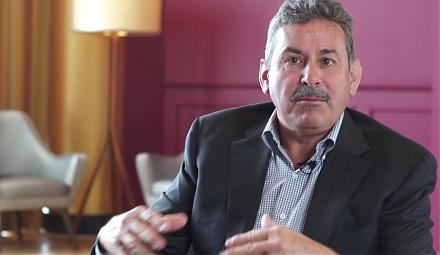
Mitch Anthony explains why it is now more important for top sales leaders to apply social skills and emotional competences to fulfill customer needs, wants,
2020-02-05 10:28:00 Wednesday ET
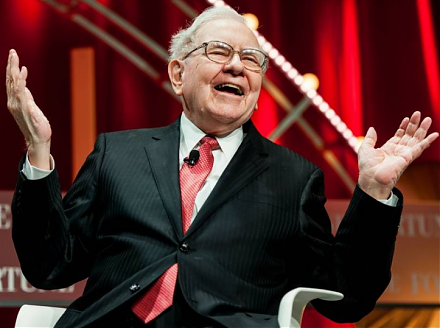
Our proprietary AYA fintech finbuzz essay shines light on the modern collection of business insights with executive annotations and personal reflections. Th
2019-07-09 15:14:00 Tuesday ET
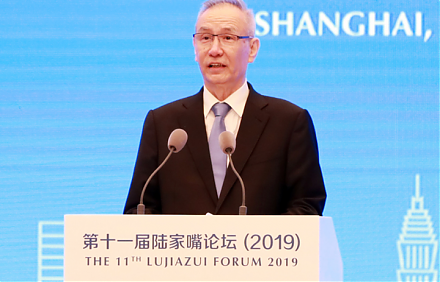
The Chinese new star board launches for tech firms to list at home. The Nasdaq-equivalent new star board serves as a key avenue for Chinese tech companies t
2018-12-19 17:41:00 Wednesday ET
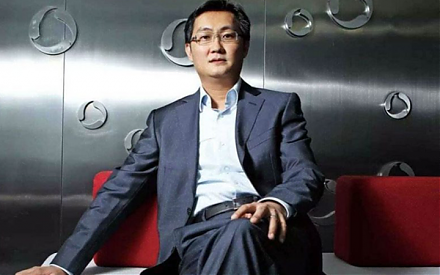
Tencent Music Entertainment debuts its IPO on NYSE to strike a chord with stock market investors. Tencent Music goes public and marks the biggest IPO by a m
2019-05-11 10:28:00 Saturday ET
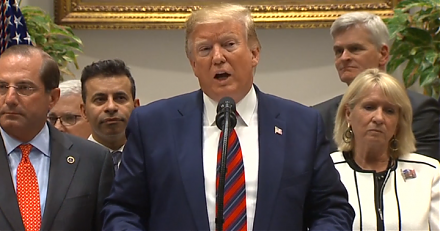
The Trump administration still expects to reach a Sino-U.S. trade agreement with a better mechanism for intellectual property protection and enforcement. Pr
2019-11-03 12:30:00 Sunday ET
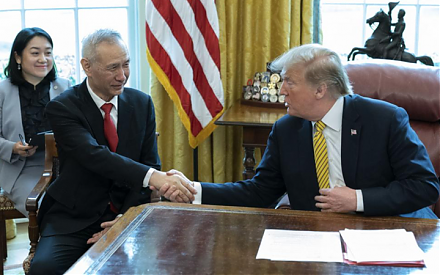
Chinese trade delegation offers to boost purchases of U.S. agricultural products to reach an interim trade deal with the Trump administration. Chinese Vice